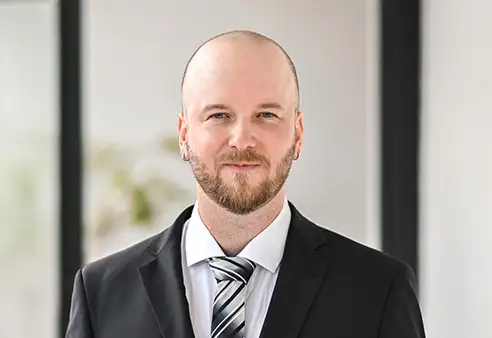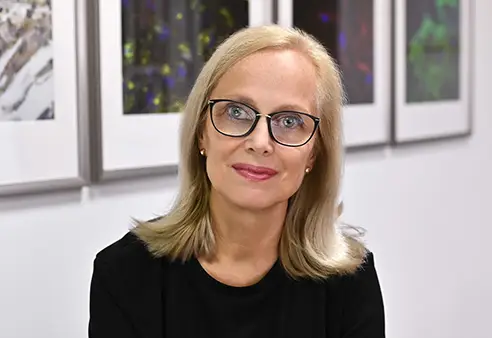Prof. Ing. Roman Boča, DrSc., is the first scientist to research magnetochemistry in Slovakia. He has devoted his life to science and research: “I wake up thinking about science, and often fall asleep thinking about it. Sometimes I am still thinking about it when I wake up again!” He currently works as a professor at the University of Ss. Cyril and Methodius in Trnava, where he has served as head of the Department of Chemistry, dean of the Faculty of Natural Sciences, and also as rector of the university.
In his research, Professor Boča focuses on inorganic chemistry, quantum chemistry, and specifically experimental and theoretical magnetochemistry, which examines the relationships between the chemical and magnetic properties of substances. He examines new phenomena in new materials.
Roman Boča believes that new phenomena of great importance can always be found in chemistry – you just need to look and think. One such discovery came during the Slovak Research and Development Agency project at the Centre of Excellence, which in 2008-2011 was led by Professor Boča: Magnetoactivity, Electroactivity, and Photoactivity of Coordination Compounds. This research was aimed at synthesizing new chemicals and materials with high magnetic anisotropy at the molecular level with the potential to use their properties to record data.
Together with the team, he researches how to record digital code at the molecular level using magnetism – which means that information can be stored, for example, in a single molecule. Such single-molecule magnets can be used to create recording nanomedia with an enormous storage capacity of up to one zettabyte (1021 bytes). This would make it possible to store entire archives of information in a tiny space. "Being online is important to keep track of things happening right now. But when we are interested in what has already happened or is known and is archived somewhere – whether film, music or library archives, it is a huge amount of data," explains the scientist. "With this technology, huge data files for immediate use could be stored on a small chip the size of a nail. We envision functional information stations in the style of petrol stations, except that instead of petrol, people would pump information into their mobile phones and thus have it available immediately and offline without the influence of information smog, interference and slowdown."
Professor Boča graduated from the Faculty of Chemistry at what is now the Slovak University of Technology in Bratislava, where he worked as an assistant professor and university professor. He also has a wealth of experience working abroad, including in France, where he worked as a visiting professor at Pierre and Marie Curie University in Paris. He has published over two dozen scientific books and 350 papers in international scientific journals, which have been cited more than 8,000 times. In 2011, Professor Boča was presented with the Scientist of the Year Award for outstanding scientific achievement.
Born in Nová Baňa, he says that in science, he is motivated not by a desire for fame or limelight or applause, but by a natural human desire to discover. Another reason that he enjoys being a scientist is because he works with people as a team. As part of his career, he has not only taught but also supervised many graduates and doctoral students. "It's amazing to work with talented students, especially when you supervise a young person, for example, a 19-year-old, and you see them grow in your hands into an erudite scientist recognized at home and abroad.” Some students of Professor Boča are now docents or university professors.
Professor Boča says that he does not have much free time as a scientist and educator. However, he used to do sports and gardening when he had the opportunity. Today, he spends his free time hiking.


